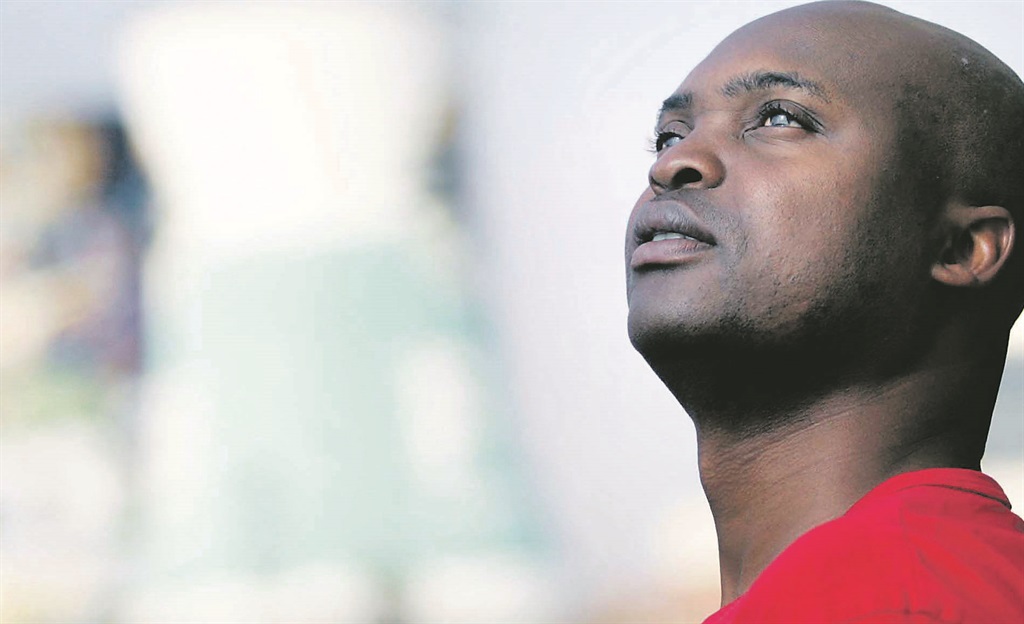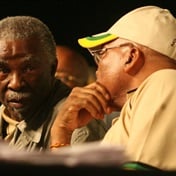
The Time of the Writer Festival is back in Durban for the 19th time, starting from tomorrow and running with a packed schedule until Saturday. Ten writers from South Africa and the continent are gathering for a week of stimulating literary exchange. Aside from panel discussions and interviews, the programme once again includes popular round table discussions and workshops between authors and the public. Every day, authors will share their knowledge and skills with budding writers.
There is an air of change about this year’s festival, which is embracing “increased diversity, access and inclusiveness”, according to Tiny Mungwe, the festival manager at the Centre for Creative Arts. “The change is very big for us, and by breaking from years of tradition we will have another set of operational challenges, but it is something we believe is absolutely crucial for the festival and for the face of literature in South Africa if we are to effect some kind of shift in our thinking.”
An enthusiastic underwriter of this change is one of this year’s festival participants, the award-winning novelist Niq Mhlongo. He was born in 1973 in Soweto – the same year black consciousness icon Steve Biko was banned by the apartheid government. Much of Mhlongo’s upbringing was moulded by the political instability of his time and his interest in African literature in particular was ingrained in him from a young age.
“I love to read, and my brother used to read a lot of the African Writers Series, so that’s how my interest was sparked,” he says.
He studied at Wits University, majoring in African literature and political studies.
“I started university in 1994, when South Africa was experiencing democracy for the first time. I knew I wanted to record what was happening, just for my personal reference. Then I decided to share it, and that’s how I got into writing.”
Apart from local success, Mhlongo won the Mar de Letra Internecional-prys in 2006 for the Spanish translation of his debut novel Dog Eat Dog. His work probes real-life stories, which he works into fiction driven by topical and socially relevant messages. He’s written about township kwaito culture, a dropout law student and, most recently, the aftermath of exile and the armed struggle.
“I write the way I speak. Part of my research is about observing and talking to people. So whenever I translate that speech into the written word, it feels natural,” he says.
Dog Eat Dog is set against the political backdrop of 1994’s first free elections. Mhlongo feels that the current state of South Africa is a continuation of that story. “I sympathise with the students of today, because I have been to university and the same things I experienced are the issues the #FeesMustFall campaign is all about. The same old things are happening, but in a different context, under a black government.”
Mhlongo’s work often highlights issues that affect ordinary South Africans. “We need to educate each other somehow. If we don’t fight head-on, we can’t get the government to listen, and I’m rooting for the youth of today,” he says.
The theme of this year’s festival is Decolonising the Book, and to Mhlongo that means making “the book” accessible to people in areas that are usually overlooked.
“I support the festival a lot. They were one of the only literary festivals that focused on the local people and they invite the locals to come and meet the authors. Time of the Writer reaches out to the communities, and this is important. They don’t just focus on urban areas, but also the townships.”
The programme features panel discussions every evening and the Time of the Writer’s geographical footprint has expanded beyond its traditional setting at the University of KwaZulu-Natal. This year, the authors and attendees will head to various townships in and around Durban, including KwaMashu, Inanda and Cato Manor.
Mhlongo has published another two novels, After Tears and Way Back Home, but he doesn’t give away much about his next project.
He has already tried his hand at various forms of writing. “Many people don’t know that I have also written short stories, and this is a different form of writing. I am involved in radio and television scriptwriting, so I will be able to speak about that at the festival.”
He subscribes to the age-old writerly advice of reading as much as you can. “Read a lot of everything that is published in South Africa so that you can identify a gap and specialise in that gap. If you want to be a writer, you can never go without reading. I want to see us start believing in local writing, so that we buy local books and can focus on growing the country.”




 Publications
Publications
 Partners
Partners








